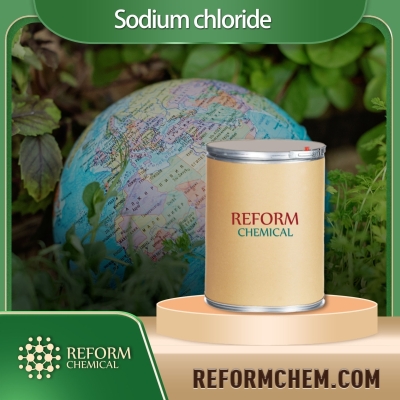-
Categories
-
Pharmaceutical Intermediates
-
Active Pharmaceutical Ingredients
-
Food Additives
- Industrial Coatings
- Agrochemicals
- Dyes and Pigments
- Surfactant
- Flavors and Fragrances
- Chemical Reagents
- Catalyst and Auxiliary
- Natural Products
- Inorganic Chemistry
-
Organic Chemistry
-
Biochemical Engineering
- Analytical Chemistry
-
Cosmetic Ingredient
- Water Treatment Chemical
-
Pharmaceutical Intermediates
Promotion
ECHEMI Mall
Wholesale
Weekly Price
Exhibition
News
-
Trade Service
Calcitonin is a hormone that is produced by the thyroid gland in humans and animals.
It is involved in the regulation of calcium levels in the blood and plays an important role in bone remodeling and bone metabolism.
Calcitonin has several applications in the chemical industry, which are discussed below.
- Biodegradable Plastics:
Biodegradable plastics are a type of plastic that can be easily broken down by natural processes such as microorganisms, heat, or light.
These plastics are used in packaging and other applications where conventional plastics are used.
However, unlike conventional plastics, biodegradable plastics do not pollute the environment and can be safely disposed of.
Calcitonin is used as a raw material in the production of biodegradable plastics.
The biodegradable plastics made from calcitonin are environmentally friendly and can be safely disposed of without harming the environment. - Pharmaceuticals:
Calcitonin is used in the production of various pharmaceuticals, including Calcitonin salts.
Calcitonin salts are used to treat conditions such as osteoporosis, hypercalcemia, and medullary thyroid carcinoma.
Calcitonin salts are also used to reduce the risk of bone fractures in patients with osteoporosis.
The use of calcitonin salts in pharmaceuticals has been shown to be effective in treating these conditions and has an excellent safety profile. - Diagnostic Reagents:
Calcitonin is also used in the production of diagnostic reagents for various medical tests.
For example, calcitonin is used in assays that measure the levels of calcitonin in the blood.
These assays are used to diagnose conditions such as medullary thyroid carcinoma and other types of thyroid cancer.
Calcitonin is also used in assays that measure the levels of calcitonin in the blood or urine, which can indicate whether a patient has osteoporosis or other bone-related conditions. - Agriculture:
Calcitonin is also used in agriculture, particularly in the production of animal feed.
Calcitonin is added to animal feed to help regulate calcium levels in the blood of the animal, which is important for bone health and growth.
Calcitonin can also be used in aquaculture to help regulate the calcium levels in the water, which is important for the growth and development of fish and other aquatic animals. - As a Research Tool:
Calcitonin is also used in research and development of various new drugs.
It is used as a research tool to study the mechanism of action of calcitonin and its effects on bone metabolism and other physiological processes.
This research is important for developing new drugs that can target specific pathways in the body and treat a variety of diseases.
In conclusion, Calcitonin has several applications in the chemical industry.
It is used in the production of biodegradable plastics, pharmaceuticals, diagnostic reagents, agriculture, and as a research tool.
Calcitonin is an important hormone that plays a key role in bone metabolism and has potential to be used in the treatment of various bone-related conditions.
Further research and development is needed to fully understand the potential of Calcitonin and to develop new drugs and treatments that can target specific pathways in the body.







